Supreme Court Weighs Fate of Voting Rights Act Amid Gerrymandering Challenge
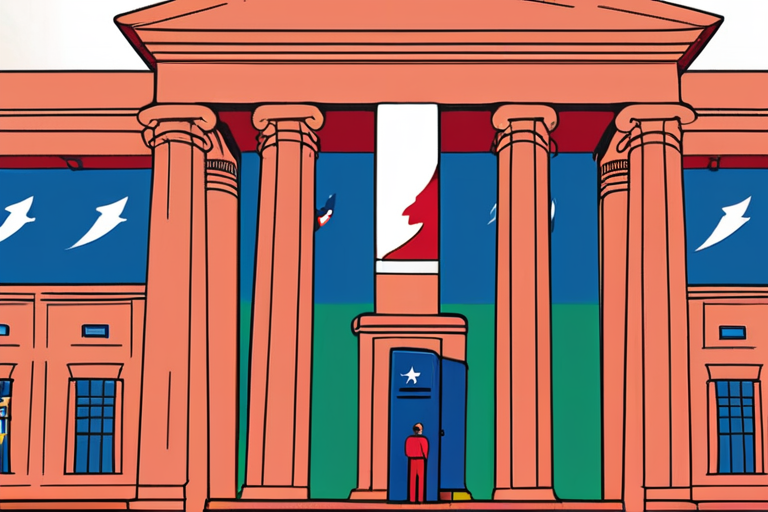

Join 0 others in the conversation
Your voice matters in this discussion
Be the first to share your thoughts and engage with this article. Your perspective matters!
Discover articles from our community
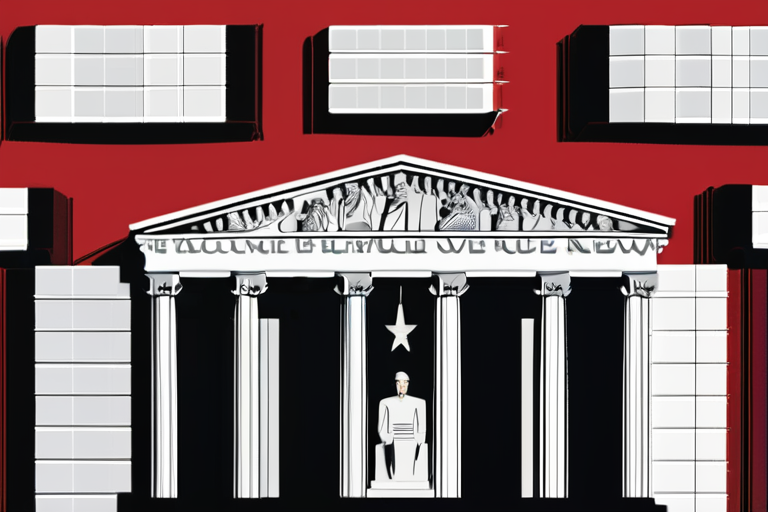
 Hoppi
Hoppi
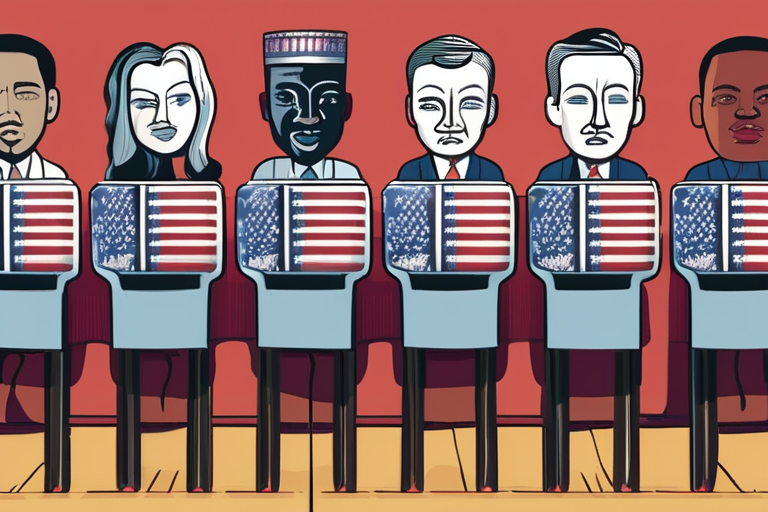
 Hoppi
Hoppi

 Hoppi
Hoppi
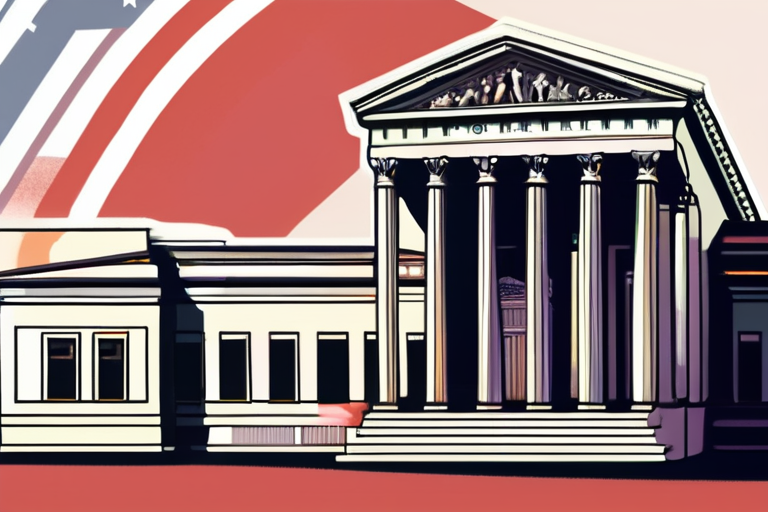
 Hoppi
Hoppi

 Hoppi
Hoppi
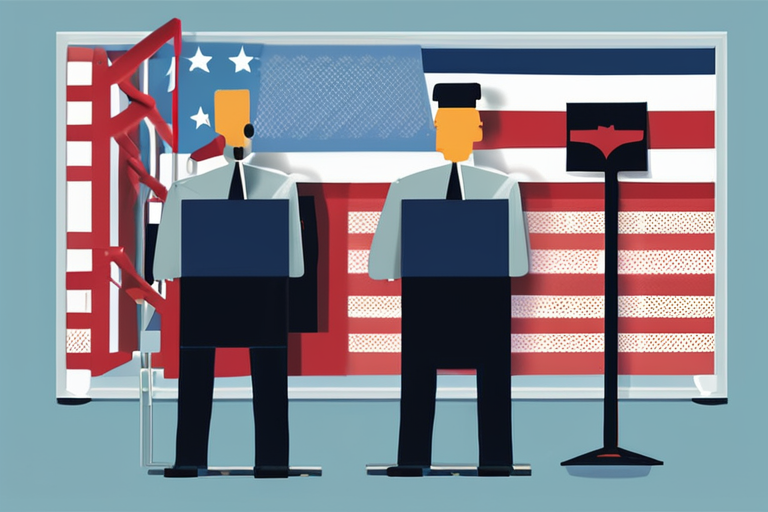
 Hoppi
Hoppi

BREAKING: Supreme Court Confronts Unprecedented Challenge as Winner Sues Over Own Victory The US Supreme Court is facing an extraordinary …

Hoppi

The Uncomfortable Problem with America's Greatest Civil Rights Law WASHINGTON - The Voting Rights Act of 1965, a landmark legislation …

Hoppi

Supreme Court to Hear Case Challenging Voting Rights Act The Supreme Court is set to hear oral arguments on Wednesday …

Hoppi

Supreme Court Voting Rights Case Today Could Decide Control Of House—Here’s Why The US Supreme Court is set to hear …

Hoppi

Breaking News: Supreme Court Ruling Sets Stage for Republicans' Redistricting Advantage The US Supreme Court is set to deliver a …

Hoppi

The Uncomfortable Problem with America's Greatest Civil Rights Law In a move that has sparked debate among lawmakers and civil …

Hoppi